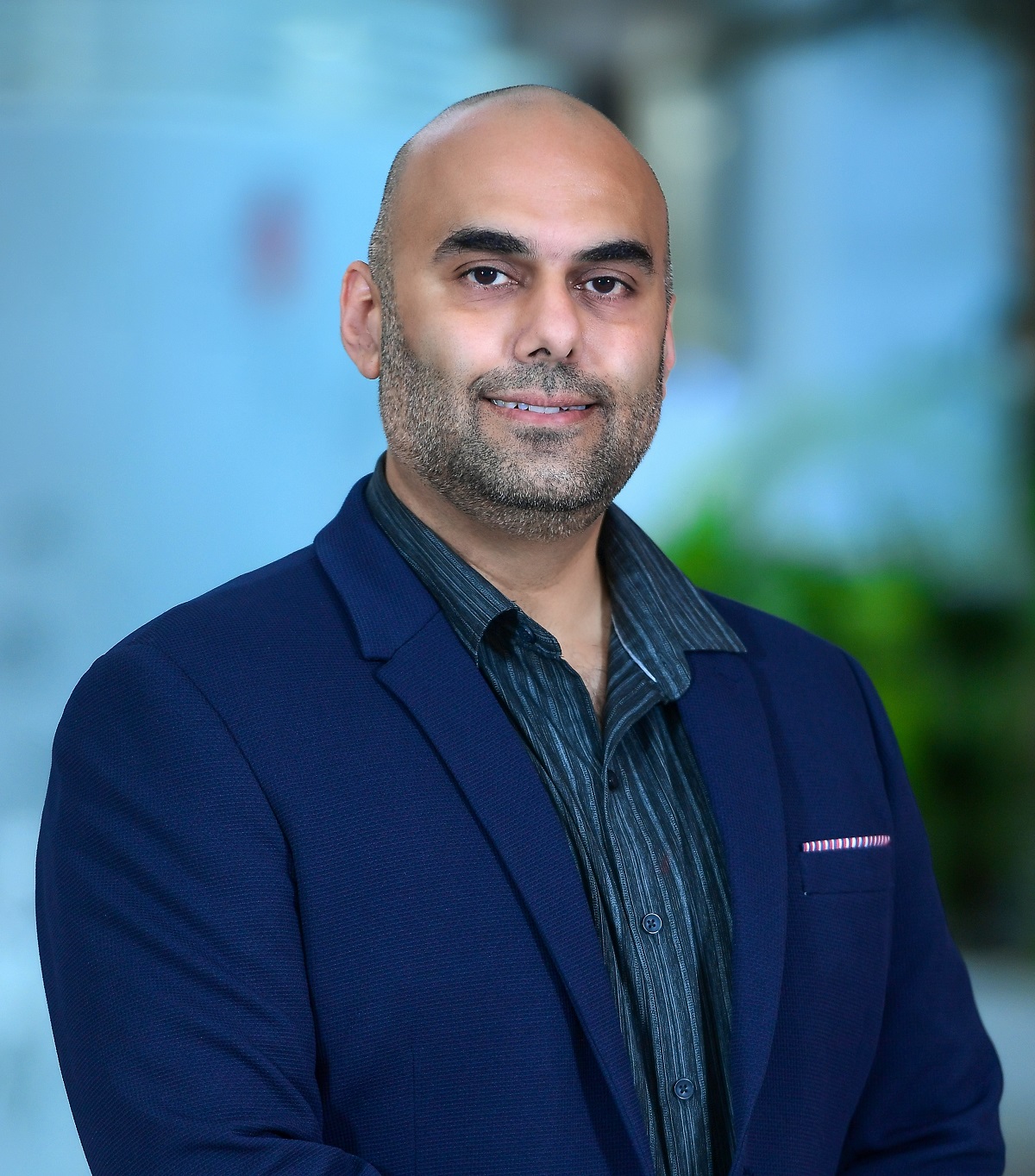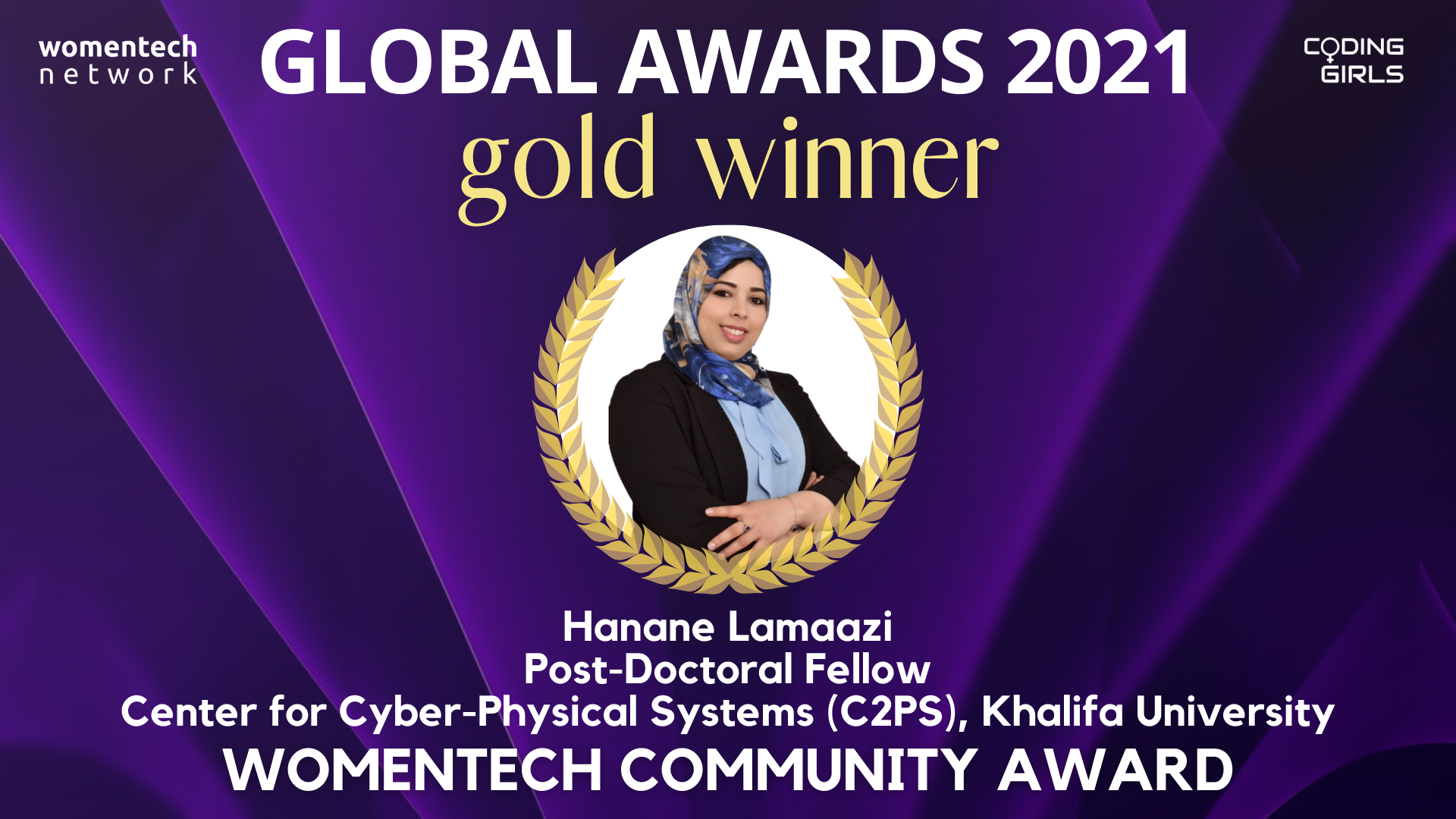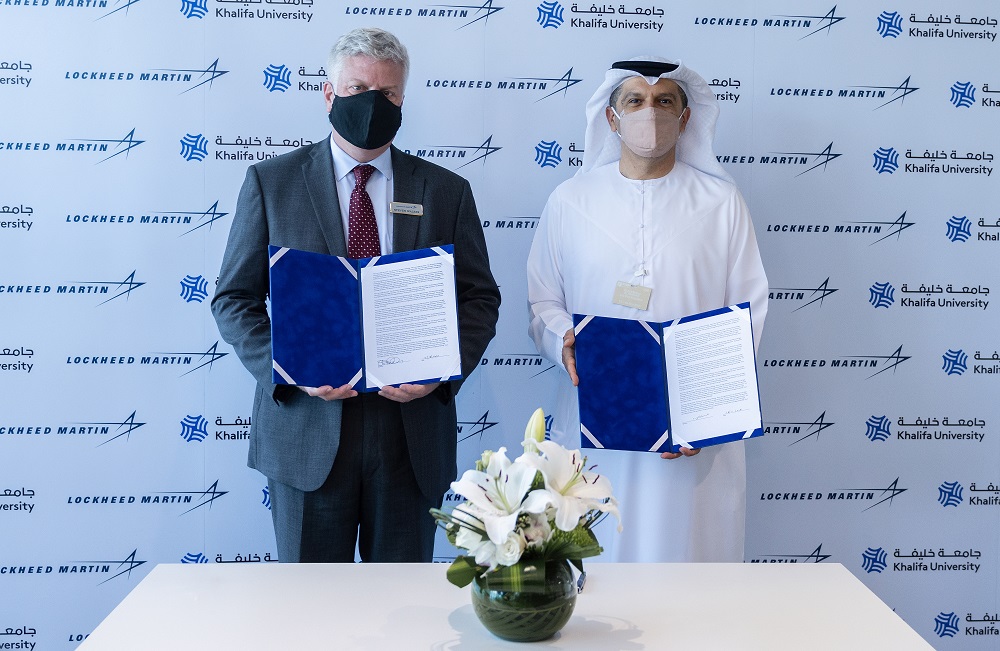
Dr. Faisal Khan, Assistant Professor of Mathematics and a Principle Investigator in the Center for Cyber-Physical Systems (C2PS) at Khalifa University, will bring international attention to KU’s expertise in quantum computing at a mini-symposium he is organizing on Wednesday, 12 February 2020 in Seattle, Washington, USA, during the Society for Industrial and Applied Mathematics’ (SIAM) Conference on Parallel Processing for Scientific Computing.
Quantum computers can in principle be millions of times faster than conventional computers, and the current first generation of these machines can solve certain industrial optimization problems significantly faster than traditional computers. For example, in October 2019, Google’s quantum processor solved a problem in 200 seconds that a state-of the-art supercomputer would have require 10,000 years to solve.
Quantum computers are capable of such powerful, high-speed analysis and computation because unlike conventional computing, quantum computing is not limited to two bit values, 0 or 1. Rather a qubit can be 0 or 1, or have properties of both of these values simultaneously, which is called superposition.
Dr. Khan, who heads the University’s Quantum Computing Research Group, will showcase the fundamental contributions he and other KU faculty are making to the field of quantum computing; a market which is expected to exceed US$495 million by 2023, according to a report by market research analysts Markets and Markets.
His presentation, titled “Nash embedding: A roadmap to realizing quantum hardware” will describe “an approach to engineer hardware for quantum computers that – unlike current ‘synthetic’ or ‘quasi-quantum’ hardware prototypes – is robust against classical noise arising from the environment in a mathematically and physically precise way,” Dr. Khan explained. The approach is based on the work of the Noble Laureate, John Nash, in differential geometry.
The symposium participants include individuals who are at the forefront of research in the field of quantum computing and its applications to industry. They will be answering questions like: What are quantum computers (QCs) today and what will they be like in the next five to 15 years? In what mathematical models should subject-matter experts formulate their problems so applications will benefit from QCs in a sustainable way? How will subject-matter experts develop applications for QCs? What are to be considered best practices in developing and programming quantum computing architectures? And what opportunities for quasi-automatic transformation by new compiler-like tools can exploit the power of well-matched mathematical models?
By organizing a mini-symposium that will facilitate dialogue among some of the world’s leading quantum computing researchers and academics, Dr. Khan is helping to position the UAE as a reference for knowledge and innovation in quantum computing.
Erica Solomon
Senior Editor
27 January 2020






